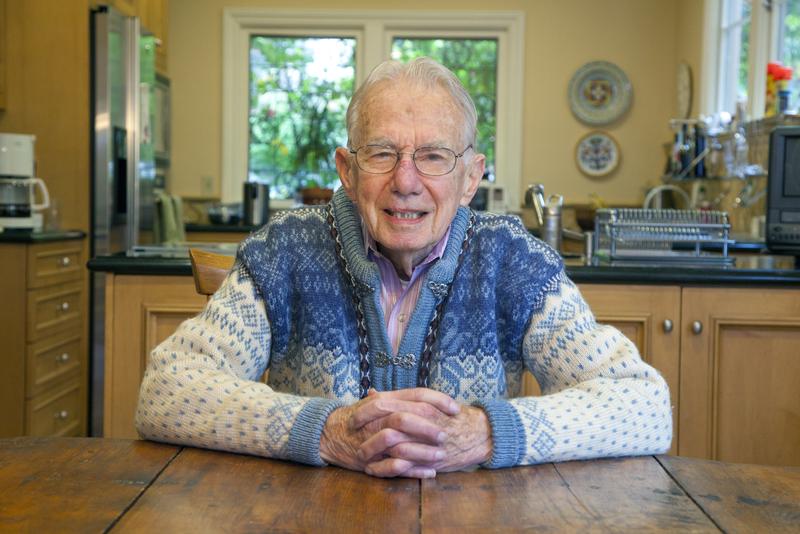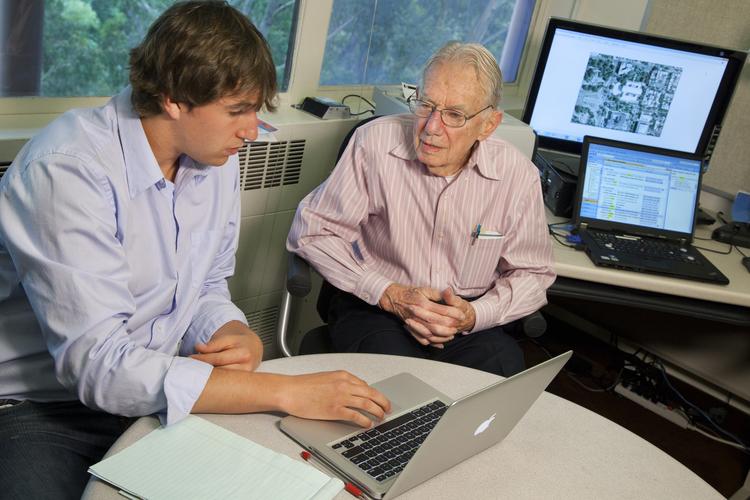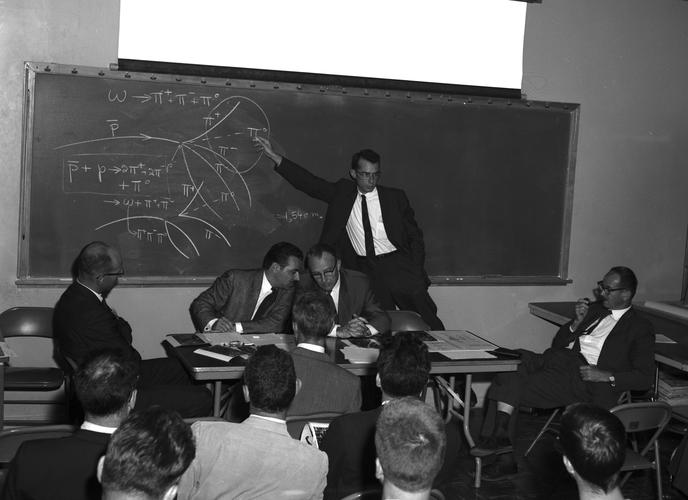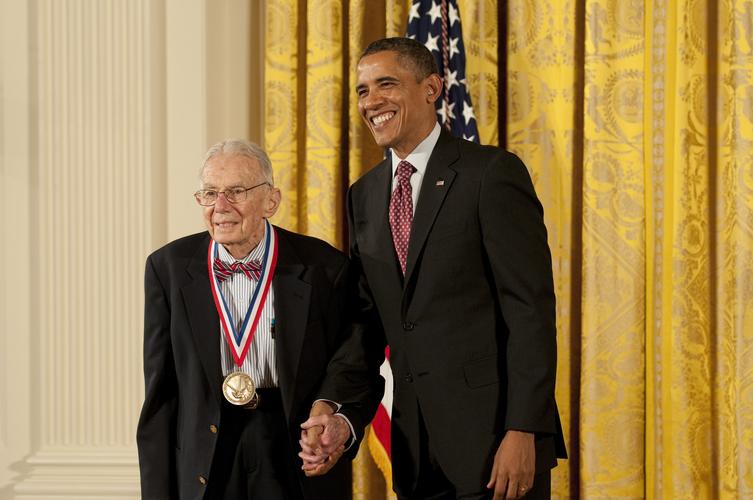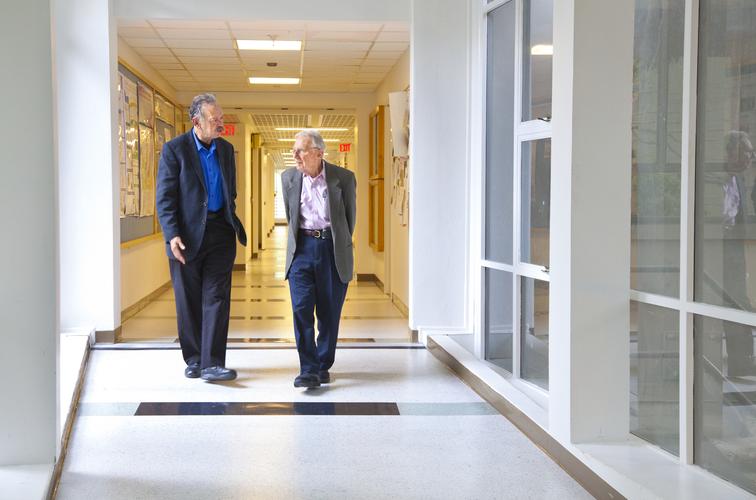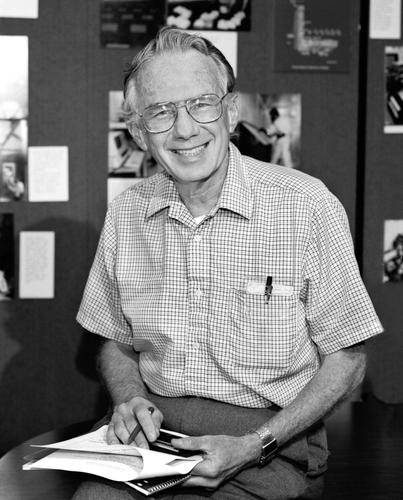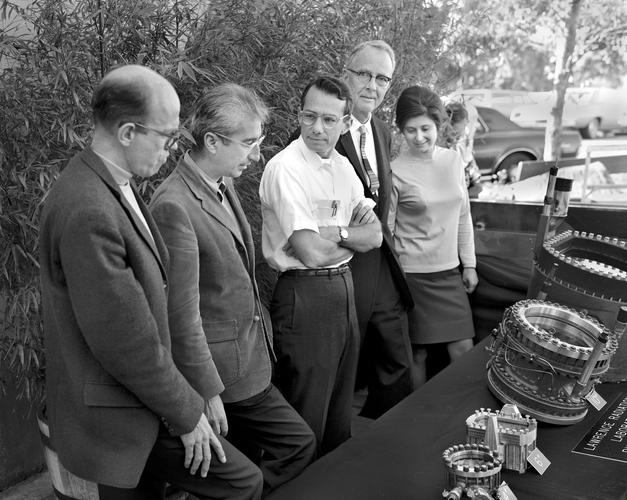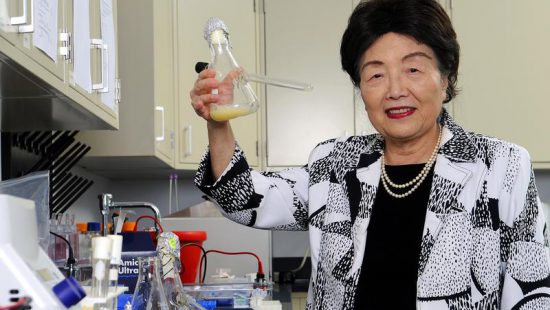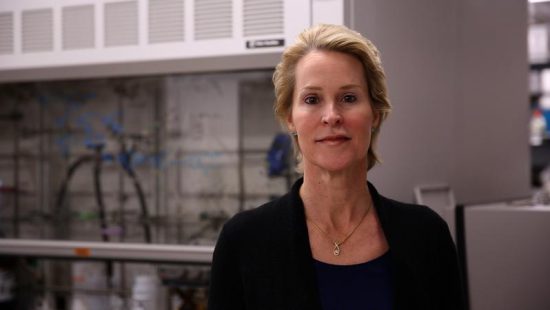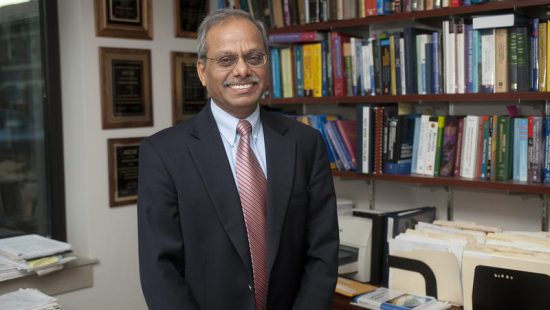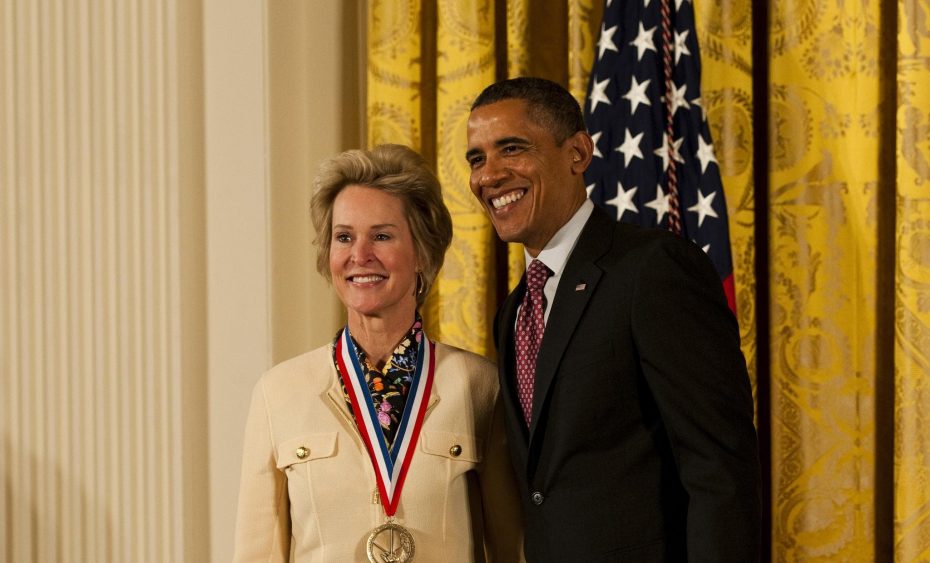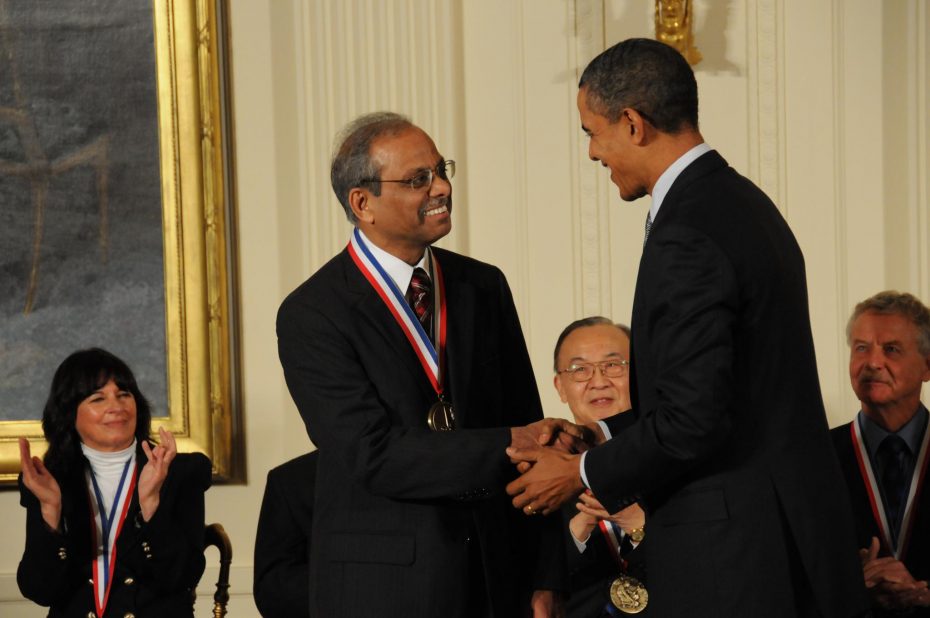In 1973, Arthur Rosenfeld was working side by side with one of the most renowned physicists of all time when the oil crisis compelled him into a completely different area of science.
The very next year, Rosenfeld founded the Center for Building Science at Lawrence Berkeley National Laboratory. There, he and his colleagues devised ways to curb energy use, design more energy efficient buildings, retrofit older buildings to new energy standards, and introduce efficiency standards for appliances in California. His proposed reforms and programs targeted not just homes, but schools, factories, and businesses as well. Many of the standards he proposed were written into state laws that now serve as models for other states as well as the nation as a whole.
Rosenfeld’s campaign for efficiency and new standards was so successful that while energy usage in the rest of the US has continued to spiral ever more upward, consumption in California has remained essentially flat. Today that difference is known as ‘the Rosenfeld Effect.’
Rosenfeld’s decade of service on the California Energy Commision saw him tirelessly advocate for white roofs, and even brought about the invention of the compact fluorescent bulb. Energy-saving CFLs are also cost savers. Since their introduction it’s estimated that the bulbs have saved private citizens as well as businesses billions of dollars in energy costs.
He is known for being a friendly, affable voice in the sometimes doom-and-gloom world of energy. His calm and open demeanor has allowed him to clearly communicate complex science to the public, and his personal commitment to responsible energy use has touched nearly every one he has worked with.
Lee Schipper, a long time employee at Lawrence Berkeley for 17 years, remembers how the building’s electricity use skyrocketed when Rosenfeld was suddenly called out of town for work.
“Turned out it was ART who was working late at night, and turned off all the lights when he went home,” remembered Schipper in a 2010 e-mail to Scientific American. “When he was absent, the lights stayed on.”

